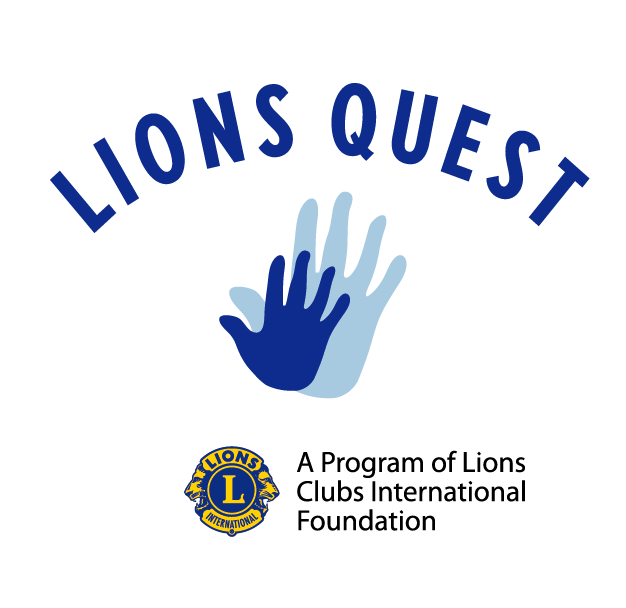Research
Evidence -Based
The growing number of social and emotional learning programs available for classroom or whole-school implementation makes the decision about which program to use a difficult one for school leaders. We trust that Lions Quest’s sound evidence base, research proving effective outcomes, links with the Australian Curriculum, user-friendly curriculum materials and engaging, interactive teacher professional development will help make this decision an easier one.
The Lions Quest programs are based on over twenty years of research on pedagogy and content (for example Peter Benson’s Developmental Assets Framework – 1989¹; the work of Richard Catalano, David Hawkins and colleagues on risk and protective factors – 1996²; the resilience research of Emmy Werner and Ruth Smith – 1992³ and Ann Masten’s more recent 2001 work in synthesising the resiliency research4). There is also a growing number of studies (see below) clearly demonstrating that when implemented with fidelity, Lions Quest programs are not only evidence-based, but have also been proven effective.
Lions Quest and Lions Clubs International Foundation’s support for children and young people have been recognised by US-based and international organisations and our research-based programs and high quality teacher professional development receive consistently positive feedback from schools and teachers.
Research Reports
- Effective Classroom Management Strategies in the Lions Quest Classroom.
Eagle Mountain-Saginaw School District, Texas. AIR Final Report, October 2016 – Download - Lions Quest Skills for Growing: Implementation and Outcome Study in Wood County, West Virginia.
AIR Final Report by Yael Kidron, Mark Garibaldi, Emily Anderson, and David Osher. December 2015 – Download - Lions Quest Skills for Adolescence: Implementation and Outcome Study in Wood County, West Virginia.
AIR Final Report by Yael Kidron, Mark Garibaldi, and David Osher. January 2016 – Download - Study Brief: The Effects of Three Lions Quest Programs on Students’ Behaviors and Prosocial Attitudes by Yael Kidron, Mark Garibaldi, and David Osher.2015 – Download
- Evaluation of Project SAVE for LA Webber High School, Lyndonville, New York (Skills for Adolescence and Skills for Action) by Dr. Richard Bradley and Dr. Molly Laird, July 2009 – Download
- Brandon University (Canada) Study of Skills for Growing and Skills for Adolescence,
December 2003 –Download - Evaluation of the Lions-Quest Skills for Adolescence Program: Second-year behavior outcomes. Addictive Behaviors 28 (2003) Eisen, M., Zellman, G., & Murray, D. Download
References:
- Search Institute – Developmental Assets Framework
- Catalano, R.F. & Hawkins, J.D. (1996). The social development model: A theory of antisocial behavior. Chapter 4 In Hawkins J.D. Delinquency and Crime: Current Theories. Cambridge: Cambridge University Press. (pp 149-197)
- Werner, E. & Smith R.S. (1992). Overcoming the Odds: High Risk Children from Birth to Adulthood. Cornell University Press
- Masten, A.S. (2001) Ordinary Magic: Resilience Processes in Development. American Psychologist, March 2001.
